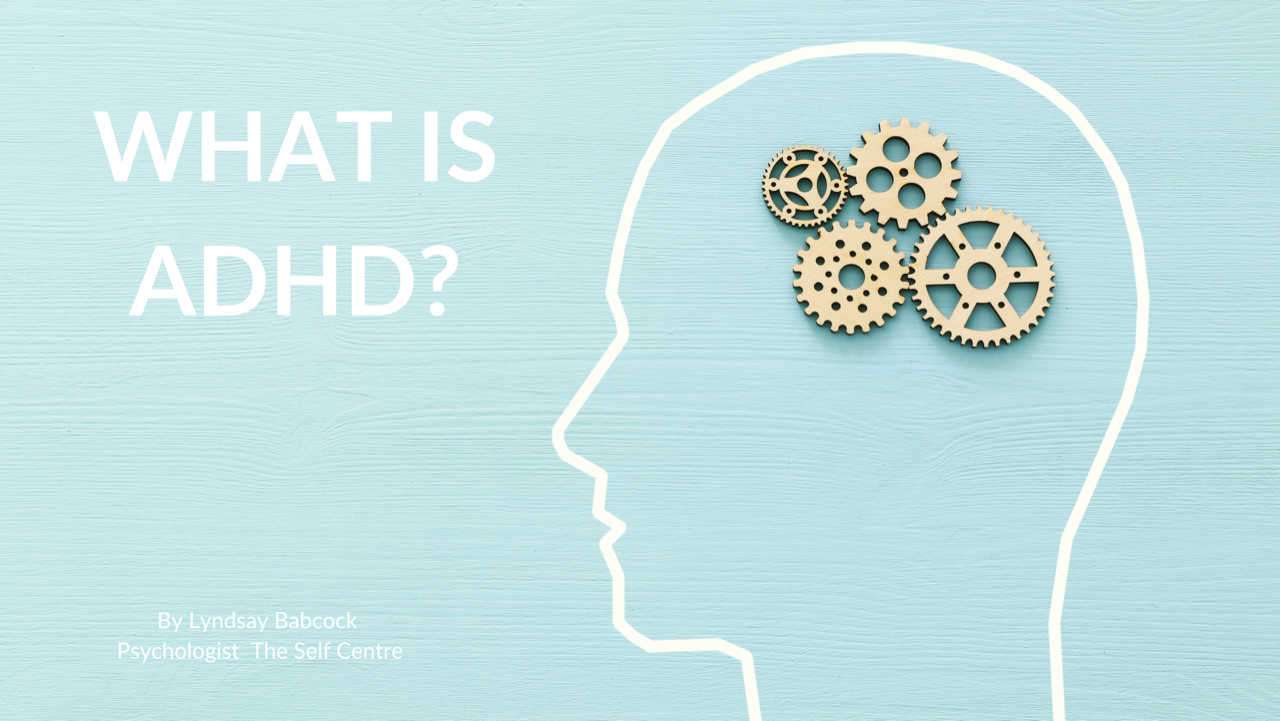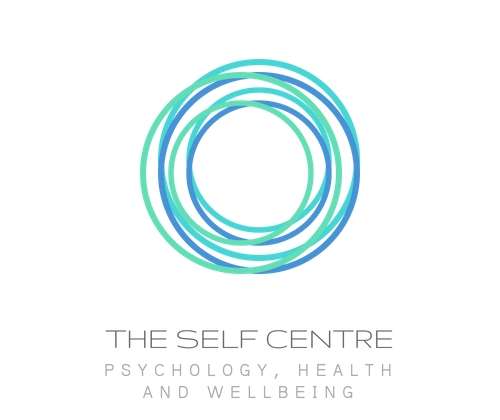
What is ADHD?
by Lyndsay Babcock
Psychologist and Practice Owner
ADHD, or Attention Deficit Hyperactivity Disorder, is a neurodevelopmental condition often associated with challenges in attention, impulse control, and hyperactivity. However, individuals with ADHD also possess remarkable strengths and abilities that can be harnessed and celebrated.
Understanding ADHD Strengths:
One of the most remarkable strengths of individuals with ADHD is their creativity. They often have a natural ability to think outside the box, make connections between seemingly unrelated ideas, and generate innovative solutions to problems.
In addition to creativity, individuals with ADHD bring high levels of energy and enthusiasm to their pursuits. They exhibit passion and drive in activities that interest them, inspiring others with their contagious enthusiasm and determination.
While difficulty with attention is a hallmark feature of ADHD, some individuals with the condition also experience periods of hyperfocus. During these moments, they become deeply engrossed in a task or activity, exhibiting intense concentration and productivity. This ability to hyperfocus can lead to very impressive achievements in areas of interest.
Furthermore, some people with ADHD are quick to adjust to new situations, think on their feet, and find creative solutions in dynamic or high-pressure settings. This adaptability fosters resilience and enables them to navigate challenges with determination and optimism.
ADHD fosters a unique perspective and unconventional thinking style, enabling individuals to generate novel ideas and approaches. Their out-of-the-box thinking challenges conventional wisdom and can lead to breakthroughs and innovation in various fields.
Understanding ADHD:
Common indicators of ADHD include:
Inattention: Difficulty sustaining attention, frequent careless mistakes, easily distracted, forgetfulness, and difficulty organizing tasks.
Hyperactivity: Restlessness, fidgeting, excessive talking, and difficulty staying seated.
Impulsivity: Acting without thinking, interrupting others, difficulty waiting turns, and making impulsive decisions.
Presentation Differences:
ADHD can present differently between genders and between adults, and children:
Females: ADHD is often underdiagnosed in females because they may display less hyperactivity than their male counterparts and can have more internalized symptoms such as daydreaming, disorganization, and emotional dysregulation.
Adults: In adults, symptoms may manifest as chronic lateness, difficulty managing time and priorities, impulsivity in relationships or finances, and challenges with completing tasks.
Children: Children with ADHD may struggle academically, have difficulty following instructions, exhibit impulsive behaviour, and experience challenges with social skills and peer relationships.
Masking Behaviours:
Individuals with ADHD often develop coping mechanisms to mask their symptoms, such as:
Compensatory Strategies: Overcompensating in certain areas, such as being overly organized or perfectionistic, to compensate for difficulties with attention and organization.
Avoidance: Avoiding tasks or situations that exacerbate ADHD symptoms, leading to procrastination or withdrawal.
Social Adaptation: Learning to adapt socially by imitating others’ behaviours, which can lead to feelings of being an imposter or not truly belonging.
Recognising ADHD and Seeking Help:
If you suspect ADHD in yourself or a loved one, it’s important to seek a comprehensive assessment from a qualified psychologist. Psychological testing, including ADHD assessments, learning disorder assessments, and IQ testing, can provide valuable insights into cognitive functioning, attentional patterns, and areas of strength and challenges.
How We Can Help:
At The Self Centre, we offer psychological services and testing for ADHD, learning disorders, and IQ. We offer comprehensive evaluations and evidence-based interventions tailored to individual needs.
Assessment: We conduct thorough assessments, including clinical interviews, behavioural observations, and standardized tests, to accurately diagnose ADHD and identify co-occurring conditions.
Psychoeducation: We offer education and guidance to individuals and families about ADHD, including understanding symptoms, coping strategies, and treatment options.
Treatment Planning: We collaborate with clients to develop personalised treatment plans, which may include cognitive-behavioural therapy, executive functioning skills training, medication management, and lifestyle interventions.
Support: We offer ongoing support and advocacy to our clients with ADHD and their families, helping them navigate challenges, access resources, and build resilience.
By offering comprehensive assessment and evidence-based interventions, we aim to empower our clients with ADHD to thrive academically, professionally, socially, and personally. If you’re wondering if you or a loved one may have ADHD, don’t hesitate to reach out for support and guidance.
